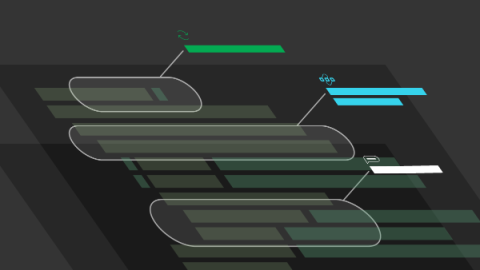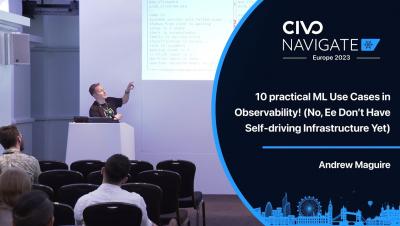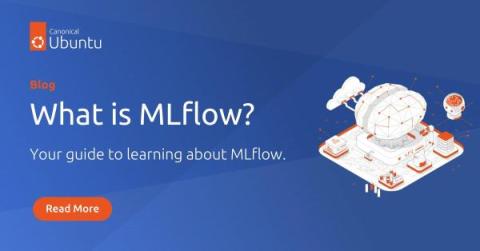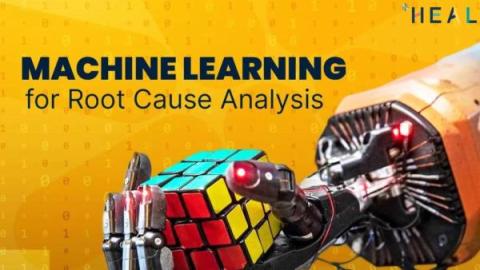Operations | Monitoring | ITSM | DevOps | Cloud
Machine Learning
ML for software engineers ft. Gideon Mendels of Comet ML
Optimize your MLOps pipelines with inbound webhooks
In a traditional DevOps implementation, you automate the build, test, release, and deploy process by setting up a CI/CD workflow that runs whenever a change is committed to a code repository. This approach is also useful in MLOps: If you make changes to your machine learning logic in your code, it can trigger your workflow. But what about changes that happen outside of your code repository?
10 Practical Machine Learning Use Cases in Observability - Navigate Europe 23
What is MLflow?
OpenTelemetry for LLM's: OpenLLMetry with SigNoz and Traceloop
Charmed Kubeflow 1.8 Beta is here
Monitoring Machine Learning
I used to think my job as a developer was done once I trained and deployed the machine learning model. Little did I know that deployment is only the first step! Making sure my tech baby is doing fine in the real world is equally important. Fortunately, this can be done with machine learning monitoring. In this article, we’ll discuss what can go wrong with our machine-learning model after deployment and how to keep it in check.
Install MLflow in less than 5 minutes
Machine Learning for Fast and Accurate Root Cause Analysis
Machine Learning (ML) for Root Cause Analysis (RCA) is the state-of-the-art application of algorithms and statistical models to identify the underlying reasons for issues within a system or process. Rather than relying solely on human intervention or time-consuming manual investigations, ML automates and enhances the process of identifying the root cause.











